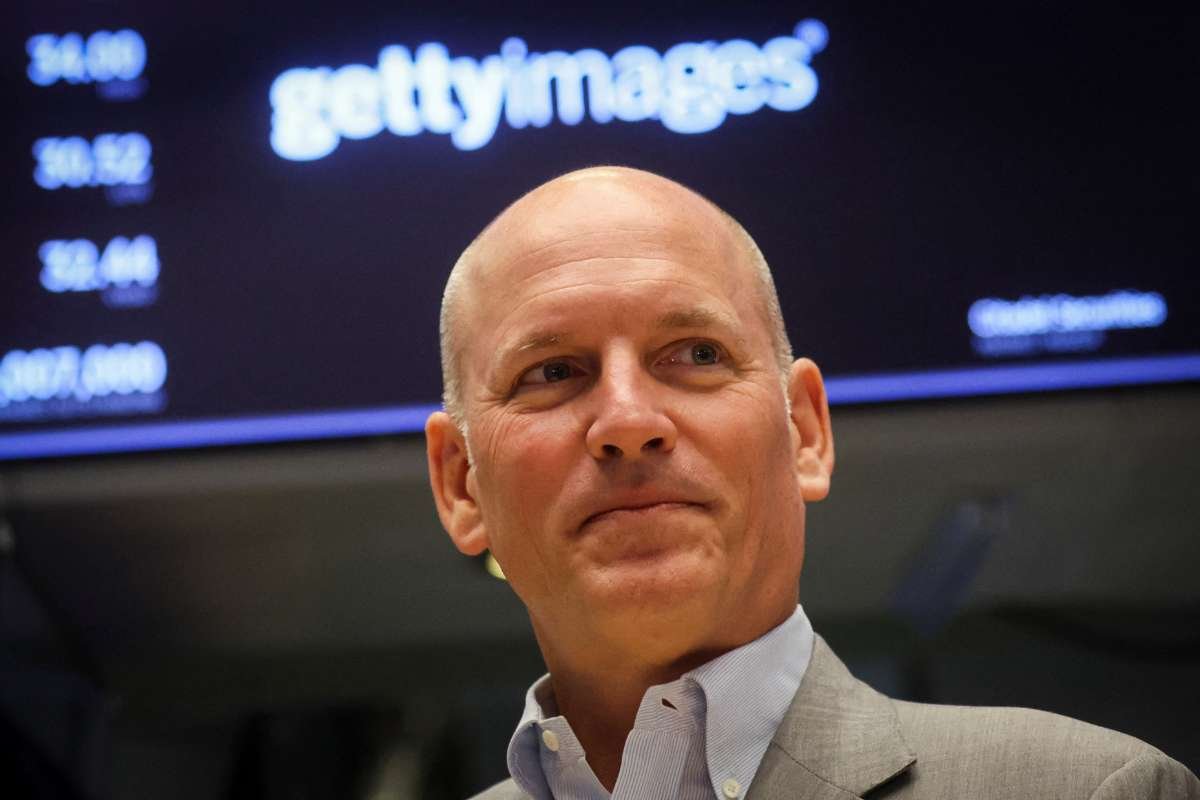Historic Collaboration in Stock Imagery
Getty Images and Shutterstock, two leading names in the licensed visual content industry, have unveiled plans for a transformative $3.7 billion merger. The partnership, announced on Tuesday, marks a strategic move to navigate the challenges posed by the growing influence of artificial intelligence in the creative space. The merger is set to form a powerhouse in the stock imagery sector, combining their strengths to reduce costs and unlock new revenue streams. However, the deal, expected to reshape the industry, is likely to attract antitrust scrutiny in both the U.S. and Europe.
Under the agreement, Shutterstock shareholders will have flexible compensation options. They can choose between $28.80 per share in cash, 13.67 shares of Getty, or a mix of 9.17 Getty shares and $9.50 in cash for each Shutterstock share. The proposal, valued at over $1 billion, led to a sharp rise in both companies’ stock prices—Shutterstock saw a 22.7% increase, while Getty surged 39.7%. Despite these gains, both firms have experienced declining stock performance over the past four years, partly due to the proliferation of mobile photography.
Strategic Vision for Growth
Craig Peters, the current CEO of Getty Images, will lead the merged entity, which anticipates annual revenues nearing $2 billion. Peters expressed optimism about the merger’s approval, emphasizing the continued availability of choices for customers in the market. The combined entity plans to leverage Getty’s vast library of visual content and Shutterstock’s active contributor community to stay competitive in an era increasingly influenced by generative AI tools like Midjourney.
While Peters minimized concerns over AI’s potential disruption to the industry, regulators are expected to closely evaluate the merger’s impact on Getty Images and Shutterstock. The deal’s implications extend to legacy business models catering to traditional media customers and emerging opportunities in offering copyright-compliant AI solutions. Experts believe that the Biden administration’s antitrust approach, characterized by rigorous scrutiny, will influence the outcome of the approval process.
Cost Efficiencies and Ownership Structure
The merger is projected to deliver significant cost savings, with an estimated $200 million in efficiencies within three years of completion. The ownership structure of the new company will allocate approximately 54.7% to Getty investors, with the remaining stake going to Shutterstock shareholders. Despite the regulatory hurdles, the partnership is being hailed as a strategic alignment poised to redefine the stock imagery market while navigating the rapidly evolving technological landscape.
As both companies gear up for this monumental merger, Getty Images and Shutterstock focus on creating a robust platform that balances innovation with the traditional needs of their client base. This collaboration signals a pivotal moment for the visual content industry, charting a course for growth amid the disruptive forces of artificial intelligence.









